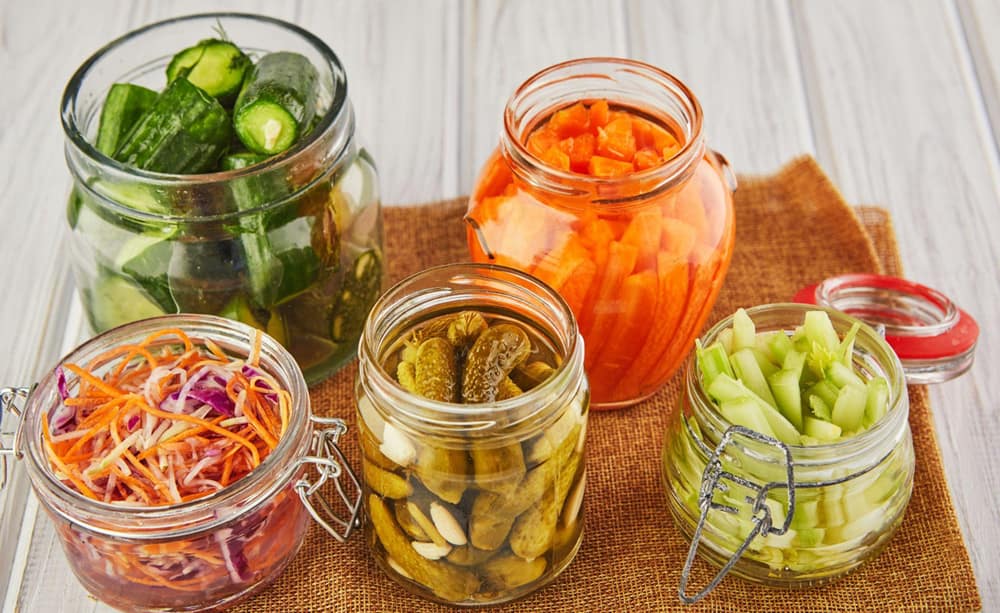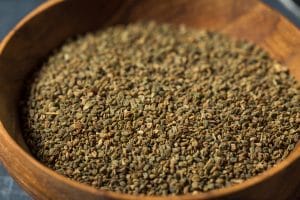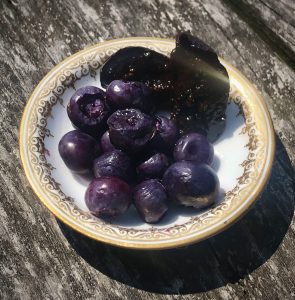Fermented Celery Has More Health Benefits Than We Realize
Important Note: When you buy through our links, we may earn a commission. As an Amazon Associate we earn from qualifying purchases. Content, pricing, offers and availability are subject to change at any time - more info.
Fermented celery has many uses ranging from medicinal to food. Fermented veggies have been used in various ways throughout the centuries. Ancient Greeks used fermented celery to garner the heads of athletes. Romans used it for seasoning their food. Celery seed is used to support the liver and gallbladder. It also reduces inflammation. Additionally, fermented celery has benefits some are unfamiliar with.
Benefits of Fermented Celery:
- It promotes a healthy digestive system
- Provides protection against inflammation and has an analgesic effect
- Is antiviral and antibacterial
- Celery is an antioxidant
- Creates a balance of microbial flora
- Helps the immune system
When we picture vegetable fermentation or pickled vegetables, celery stalks are the last thing that we consider. In our minds, celery is used to make chicken salads, or is found in popular soups. Celery stalks are often a great snack on their own, or as gastropub favorites like chicken wings. Certainly not in a fermented context.
Fermented vegetables allow people to increase their probiotic levels in their diet. Probiotics promote a healthy digestive system. It can help people who suffer from constipation, irritable bowel syndrome, ulcers, indigestion, and Crohn’s Disease. Plus, all vegetables are rich in fiber. Vegetable fermentation allows vegetables to develop beneficial bacteria that provide us with tons of health benefits. A simple celery stick that is fermented can contain more probiotics as a fermented food than it was as a raw vegetable.
Overall Health Benefits of Celery in Diet
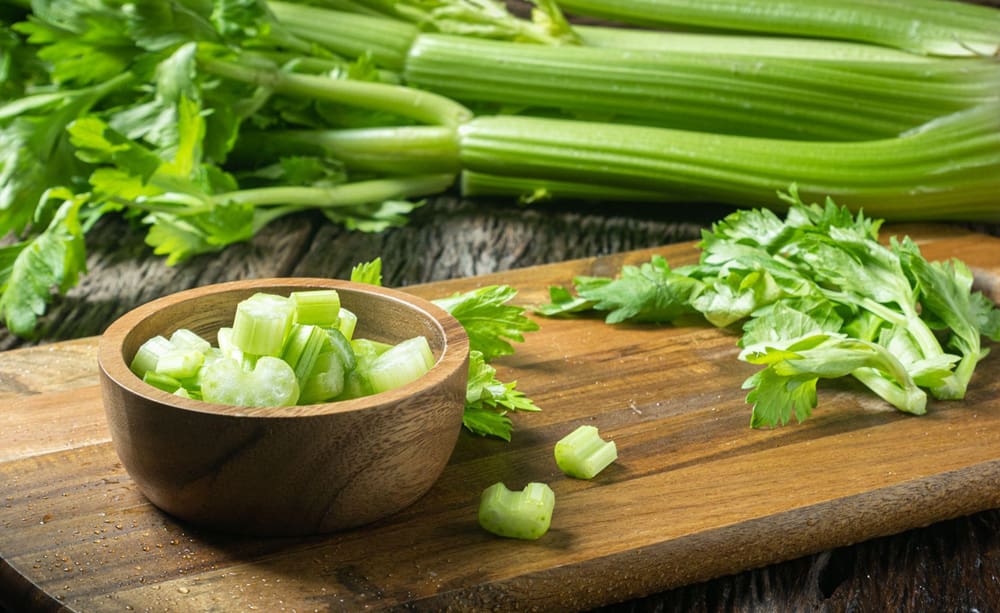
Furthermore, celery alone contains apigenin. Apigenin was used in traditional Chinese medicine for its antibacterial, anti-inflammatory, antiviral, and antioxidant properties. It should also be noted that it may combat cancer.
A 2016 review demonstrated that apigenin may contribute to a type of programmed death of cells (apoptosis). This may make it a viable cancer treatment.
Additionally, a 2009 article hinted that luteolin (a flavonoid found in celery) may have some anti cancer benefits. It can help in preventing cancer cells from spreading and can create an abnormal cell death. They speculated that luteolin may cause cancer cells to become susceptible to attack by the chemicals used in treatments.
Celery has also been used to decrease blood pressure. Since celery contains fiber, it is suggested that those with a high fiber diet may have reduced blood pressure over those with a lower intake.
Other benefits of celery include preventing:
- Jaundice
- Liver disease
- Fever
- Urinary tract obstructions
- Vomiting
- Skin disorders/psoriasis
- Gout
- Asthma
- Rheumatic disorders
- Bronchitis
The antioxidant effects of celery prevent damage on a cellular level caused by free radicals. While the body naturally produces this, a large buildup of them can cause harm.
Antioxidants neutralize free radicals. They prevent the free radicals from generating damage that can cause various diseases.
Celery is also high in water content. It includes potassium and calcium which contribute to heart health. Folate and vitamin K are needed to form red blood cells. They are effective with blood clotting.
On the downside, celery can cause allergic reactions which include difficulty breathing, hives, and swelling. It is also recommended that pregnant women avoid taking celery seed supplements. They may stimulate the uterine.
How Do You Make Fermented Celery?
If you are looking to include more probiotic foods into your diet, this recipe takes five minutes to complete, and the fermentation process takes five to seven days. It will yield two pints.
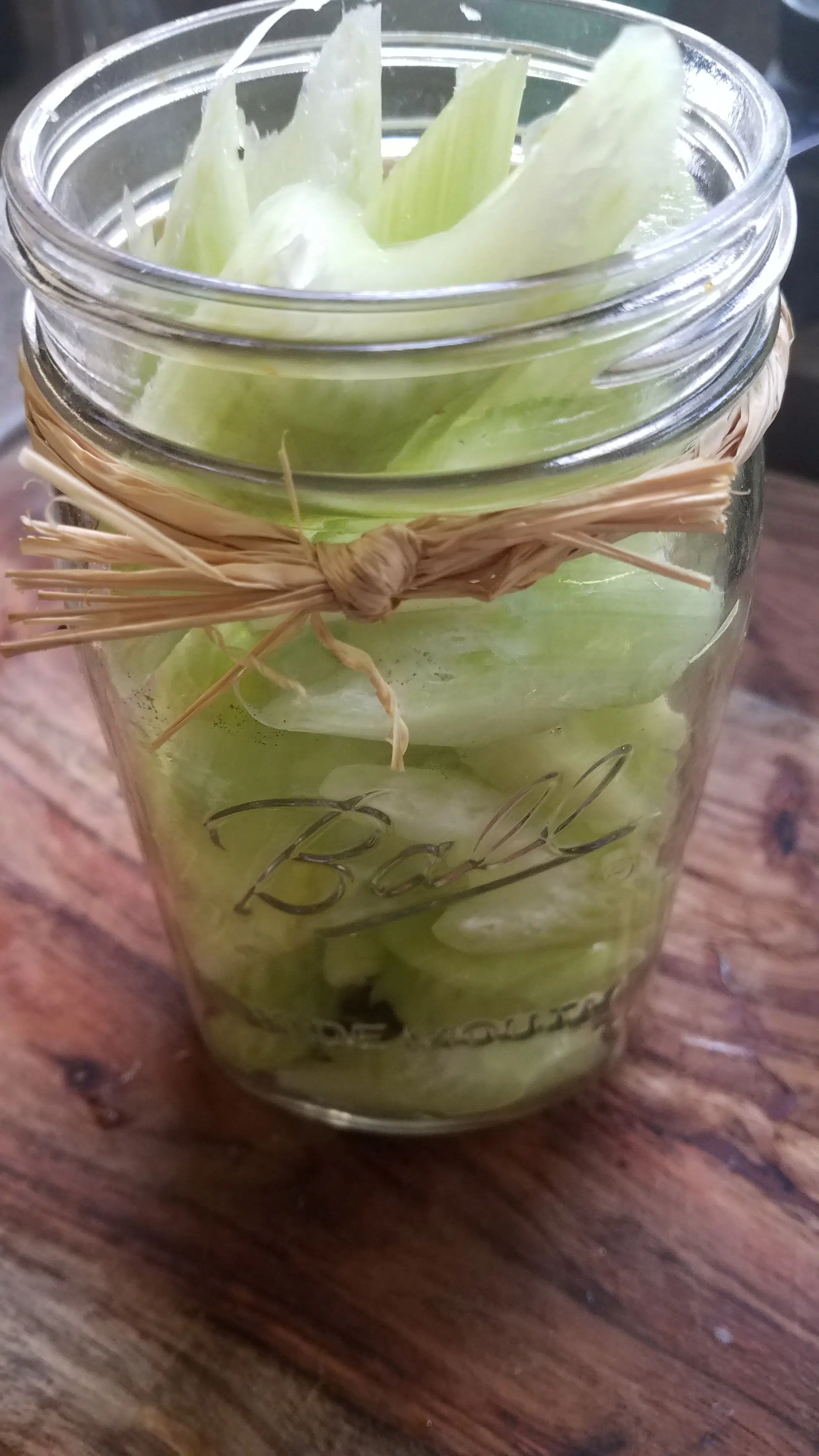
Ingredients
- 1 celery bunch (small)
- 4 cloves of smashed garlic
- 1 bunch of fresh dill
- 2% of a brinesolution, which is 4 teaspoons of salt to one quart of water dissolved)
- 2 teaspoons of pickling spice
Instructions
- To begin, trim the celery into stalks long enough to fit into a wide mouth canning jar. Leave about an inch of head space and try to cut them to equal lengths. After you are done, thoroughly wash them to ensure they are completely clean before placing them into jars.
- Divide picking spice and cloves between all your jars. Stuff the celery in an upright position in the jar ensuring they are placed tightly in it. This will prevent them from escaping.If one is floating, shove it down into the jar so it doesn’t come back out.
- Mix the brine then pour it into each jar. Leave about an inch of space from the top.
- Put fermenting lids on the jars and place them to the back of the counter top. They should rest in an area that is cool. You can also use a pantry as well.
- Some people take a towel folded lengthwise and place it on the jars prior to moving them. Let them rest for five to seven days which will allow them to ferment. The towel is useful in catching overflow over the next few days and prevents the area from becoming soaked with brine.
- After the fermentation process has been completed, take off the fermenting lid. Replace it with a regular canning lid, instead. Put a band on the jars and refrigerate them.
Here are some additional tips on canning that you may find useful.
To reap the full health and nutritional benefits, it is recommended to use organic foods. Organic foods contain more antioxidants, do not contain harmful pesticides or chemicals, and are slightly healthier in general.
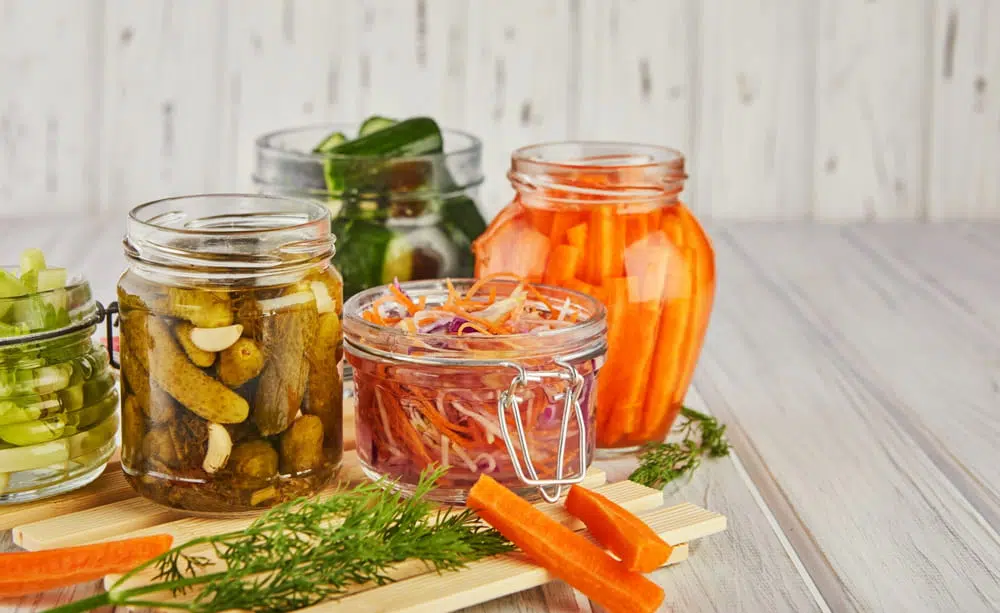
Celery does rank number 11 on the Environmental Working Group’s list in terms of containing pesticides. When using regular celery, be sure to wash it well to remove all contaminants.
Whether you create your own fermented celery or are looking at improving your diet, this vegetable offers a wide variety of benefits to your health. It is a great low-calorie snack, contains antioxidants, and has numerous anti-inflammatory properties- just to name a few.
When discussing traditional Chinese medicine, researchers focused on the use of celery extracts over eating celery. Whether there is a significant difference, we don’t really know.
Celery seeds are also available in supplement form for additional health benefits. However, check with your doctor prior to using it as it can have a negative effect in conjunction with some medications.
Fermented celery is great for your diet and is a different way to use this vegetable. If you are looking to do something different, or don’t know what to use leftover celery for, consider fermenting it. This can provide a tasty snack, and prolong the usage of this vegetable.
